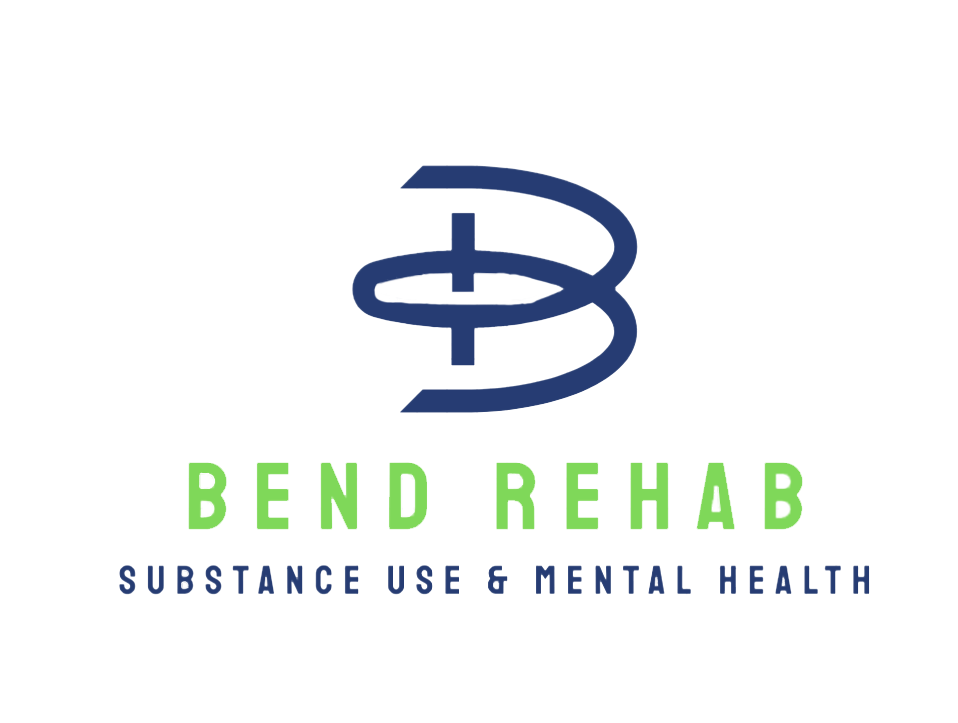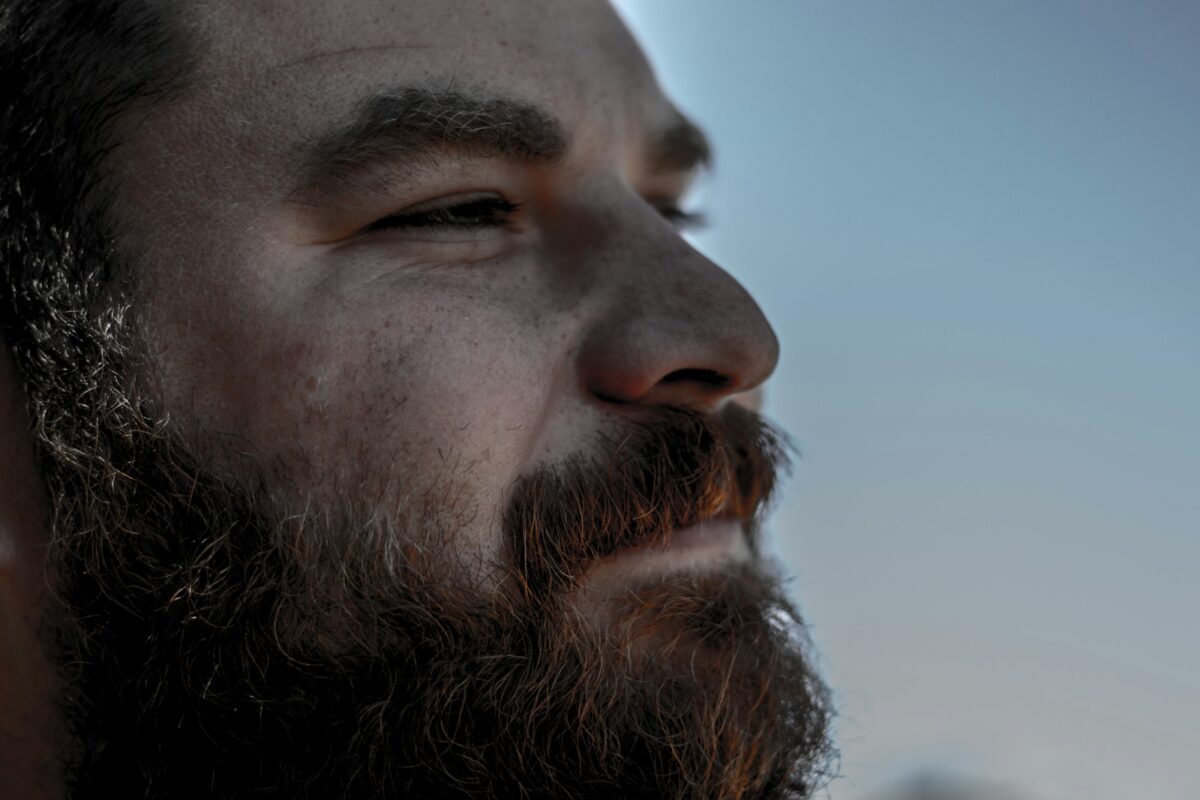Finding a Drug Rehab Center in Bend OR
Addiction is a profound and challenging condition that affects not only the individual struggling with substance use but also their family, friends, and loved ones. The devastating effects of addiction can ripple through every aspect of life, creating emotional, physical, and financial challenges for everyone involved. For those residing in or around Bend, Oregon, the hope of recovery lies within the compassionate care and expert guidance of a drug rehab center in Bend OR. These facilities provide a safe and supportive environment where individuals can begin their journey to recovery with the help of trained professionals. This blog aims to provide insights into the critical role that a Drug Rehab Center in Bend OR, can play in helping individuals overcome addiction and rebuild their lives. We’ll delve into the nature of addiction, exploring the complex factors—biological, psychological, and social—that contribute to substance use disorders. Understanding why seeking professional help is essential is a key part of breaking free from the cycle of addiction.
Understanding Addiction
Addiction is not simply a lack of willpower or a moral failing. It’s a chronic brain disease that profoundly impacts the way the brain functions, leading to intense physical cravings, psychological dependence, and often, destructive behaviors. Addiction rewires the brain’s reward system, altering how individuals experience pleasure and make decisions. These changes can trap individuals in cycles of dependency, even when they desperately want to break free. Over time, this rewiring makes it increasingly difficult to resist the substance or behavior, creating a powerful hold that often feels impossible to escape. For many, addiction is accompanied by co-occurring mental health challenges such as anxiety, depression, or unresolved trauma, further complicating the road to recovery. This interplay creates a complex web of interconnected issues that require a comprehensive approach to treatment. The effects of addiction stretch far beyond the individual, often damaging relationships, careers, and physical and emotional well-being. Families and loved ones are frequently caught in the ripple effects, facing their own set of challenges and pain.
The Importance of Seeking Help
For many, one of the hardest parts of their recovery journey is finding the courage to ask for help. Fear, shame, and stigma often create barriers that hold individuals back from seeking the support they need to begin healing. However, asking for help is an act of courage and a pivotal first step toward reclaiming one’s life. At a drug rehab center in Bend OR, individuals can discover a safe, judgment-free space where they are met with compassion and understanding. Trained professionals work collaboratively with each person to delve into the root causes of addiction, helping them not only overcome substance dependence but also address the emotional and psychological factors driving it. These centers go beyond simply offering treatment—they create a structured environment filled with encouragement, accountability, and the tools necessary for building a healthier future. With access to therapy, counseling, and personalized care plans, individuals receive intervention that is carefully monitored and adapted to their unique needs. By fostering a holistic approach, rehab centers significantly improve the chances of achieving long-term recovery and empowering individuals to rebuild their lives with confidence and hope.
Types of Treatment Programs at a Drug Rehab Center in Bend OR
No two journeys to recovery are the same, as each person faces unique challenges, circumstances, and goals. This individuality is why rehab centers offer a wide variety of treatment programs, carefully tailored to meet the specific needs of each individual and support their long-term healing and growth. These programs go beyond a one-size-fits-all approach, offering everything from personalized one-on-one therapy sessions to group support that fosters a sense of community and shared understanding. Many centers also incorporate holistic approaches, such as yoga, meditation, and nutritional counseling, to address the physical, mental, and emotional aspects of recovery. By focusing on the whole person, these programs aim to rebuild lives, foster resilience, and empower individuals to create a healthier, more fulfilling future.
1. Inpatient/Residential Treatment
This intensive program is ideal for individuals who require a structured and supportive environment to focus on their recovery. Clients reside within the rehab center, providing them with a safe, distraction-free space to work on their healing journey. The program includes 24/7 support from trained professionals, group therapy sessions to foster connection and shared experiences, and comprehensive care tailored to address individual needs. Typically lasting between 30 to 90 days, these programs offer a balance of therapy, education, and skill-building to help clients achieve long-term success in their recovery.
2. OutpatientTreatment
Outpatient programs provide a flexible treatment option, allowing individuals to live at home and maintain their daily routines while attending regular counseling or therapy sessions. These programs are designed to offer support and guidance without the need for full-time residency, making them ideal for those with mild or moderate substance use issues. They are also a great step-down option for individuals who have completed inpatient care and are transitioning back to everyday life. Outpatient care typically includes individual and group therapy, education on coping strategies, and access to resources for long-term recovery.
3. Dual Diagnosis Treatment
For individuals struggling with addiction and co-occurring mental health conditions, dual diagnosis programs provide a comprehensive approach to recovery by addressing both issues simultaneously. This integrated method ensures that neither condition is treated in isolation, as they often influence one another. Customization is key to the success of any program, as every individual’s journey is unique. The best treatment centers take the time to assess each client’s specific needs, challenges, and personal circumstances, creating personalized plans that promote long-term healing and overall well-being. With the right support and tailored care, clients can achieve meaningful and lasting recovery.
The Role of Therapy in Recovery
Therapy is at the heart of successful addiction rehabilitation, providing individuals with essential tools to navigate their recovery journey. It helps them identify and combat triggers, reframe unhelpful thought patterns, and develop healthier coping strategies for life’s challenges. Through personalized approaches like cognitive-behavioral therapy, group sessions, or mindfulness practices, therapy fosters self-awareness and resilience, empowering individuals to build a stable and fulfilling life free from addiction.

Types of Therapy in a Drug Rehab Center in Bend OR
- Cognitive Behavioral Therapy (CBT): A science-backed, evidence-based approach used to treat a wide range of mental health issues, including anxiety, depression, and stress. It helps individuals identify and challenge harmful or unhelpful thoughts, replacing them with actionable, healthier alternatives. By focusing on the connection between thoughts, feelings, and behaviors, CBT empowers individuals to develop practical skills and coping strategies for long-term emotional well-being.
- Group Therapy: A supportive and structured setting where individuals come together to share their experiences and challenges, demonstrating the shared nature of recovery. This approach fosters peer accountability, mutual encouragement, and a sense of connection, helping participants feel less isolated and more empowered in their journey toward healing.
- Family Therapy: Addiction often causes significant stress and damage to family relationships, leading to feelings of betrayal, resentment, or misunderstanding. Family-focused therapy sessions provide a safe space for open communication, helping to rebuild trust, address unresolved conflicts, and strengthen emotional bonds. By working together, families can create a healthier, more supportive home environment that fosters recovery and healing for everyone involved.
A Holistic Approach to Recovery
Recovery isn’t just about ending substance use—it’s about fostering overall well-being and building a healthier, more fulfilling life. Many drug rehab center in Bend OR, take a holistic approach to treatment, addressing not just the addiction but the emotional, physical, and spiritual needs of each individual. These programs recognize that recovery is a deeply personal journey and aim to support clients in every aspect of their lives. Holistic recovery programs often include therapies such as mindfulness practices, yoga, nutritional counseling, and group support sessions, all designed to promote balance and long-term healing.
- Yoga and Meditation: Practicing yoga and meditation can help cultivate mindfulness, improve focus, and enhance overall well-being. These practices are also highly effective for managing stress, promoting relaxation, and boosting mental clarity.
- Art or Music Therapy: These creative therapies are designed to encourage self-expression and provide emotional relief. Through activities like painting, drawing, or playing instruments, individuals can explore their feelings, reduce stress, and develop coping strategies in a supportive environment.
- Nutritional Counseling: Designed to educate individuals on proper dietary habits, nutritional needs, and meal planning to improve overall physical health, energy levels, and well-being.
These modalities reinforce traditional therapies by addressing multiple facets of the individual’s life, ensuring a holistic path to wellness.
Life After Rehab: Aftercare and Support
The road to recovery doesn’t end when you leave a rehab center; it’s just the beginning of a new chapter. Addiction is a lifelong challenge that requires dedication and ongoing commitment. Maintaining sobriety involves building healthy habits, seeking support from loved ones or support groups, and learning to navigate triggers and stress in positive ways. It’s a journey that takes effort, but with the right tools and support, long-term recovery is possible.
Essential Aftercare Services
- Ongoing Therapy: Continued counseling and regular check-ins are essential for maintaining progress and addressing challenges during post-rehab life. These sessions provide valuable reinforcement, emotional support, and strategies to help individuals navigate triggers, build resilience, and sustain their recovery journey over the long term.
- Sober Living Homes: These supportive environments provide stability and a structured setting for individuals in recovery who are not ready to transition back to independent living. They offer peer support, accountability, and a sense of community, creating a safe space to build healthier habits and gradually reintegrate into everyday life.
- Alumni Programs: Rehab centers often establish supportive communities of former clients, allowing individuals to stay connected after completing treatment. These programs foster lasting relationships, provide valuable mentorship opportunities, and create a network of peers who understand and support each other’s recovery journey.
Aftercare prevents relapse by offering a consistent support system, accountability, and resources long after treatment completion.
Choosing the Right Drug Rehab Center in Bend, OR
With so many options available, finding the right drug rehab center can feel overwhelming. It’s important to consider factors like the type of treatment programs offered, the qualifications of the staff, and the level of care provided. Look for centers with personalized treatment plans, a supportive environment, and positive reviews from former patients to ensure you or your loved one receives the best possible care. Here’s what to look for:
- Accreditation: Verify that the center is officially recognized by reputable organizations such as CARF (Commission on Accreditation of Rehabilitation Facilities) or The Joint Commission. These accreditations ensure the facility meets high industry standards for quality care, safety, and effective treatment practices.
- Qualified Staff: Ensure the team includes experienced professionals such as doctors, licensed therapists, and certified addiction specialists who are well-trained to provide comprehensive care and support tailored to individual needs.
- Customized Programs: Effective treatment should be tailored to the unique needs, circumstances, and goals of each individual. A one-size-fits-all approach often falls short, as everyone’s challenges and paths to recovery are different. Personalization ensures the best possible outcomes.
- Positive Outcomes: Look for reviews, testimonials, and success rates to get a clearer picture of how effective the service or product has been for others. Pay attention to consistent feedback and real-life examples of success.
Taking the time to find a reputable rehab increases the likelihood of successful and lasting recovery.
Conclusion
Overcoming addiction is one of the most challenging yet rewarding paths you can take, and it’s a journey worth embarking on. If you or your loved one is struggling with substance abuse, know that help is always within reach. Rehabilitation centers in Bend, OR, provide the tools, therapies, and unwavering support needed to achieve lasting recovery. These centers offer a variety of services, including detox programs, individual and group therapy, holistic treatments, and aftercare planning to help you rebuild your life step by step. Seeking help isn’t a sign of weakness—it’s a testament to your strength and determination to live a healthier, happier life, free from the grip of addiction. Our compassionate staff is awaiting your call so contact us today at 1 (541) 802-7214 or click Bend Rehab. Remember: Recovery is a marathon, not a sprint. It’s about taking one step at a time, no matter how small, and appreciating the progress you make along the way. You may stumble, and that’s okay—what matters is that you keep moving forward. You don’t have to walk this path alone. With compassionate professionals and a supportive community by your side, you’ll have the guidance and encouragement you need to succeed. Reach out today to explore your treatment options, and take the first step toward a brighter, healthier future. Recovery starts with just one decision—choose to begin today.




